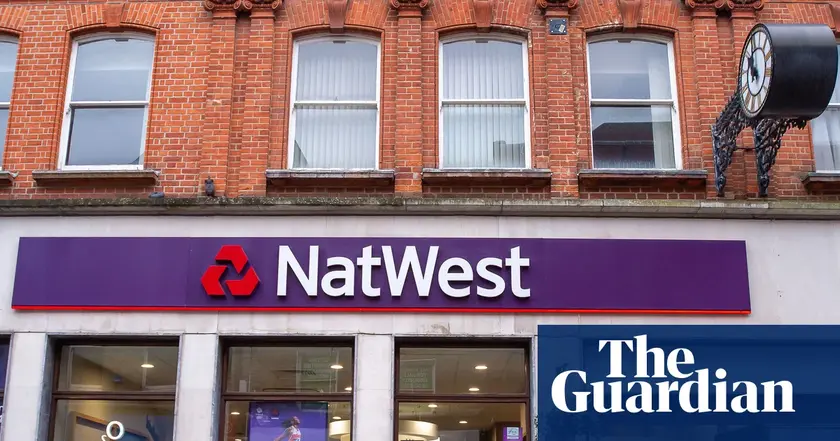T4K3.news
Aviva profit rise and dividend hike
Aviva reports stronger half-year results and a higher dividend after the Direct Line deal, signaling a capital-light growth path with potential risks from integration.

Aviva reports stronger first-half performance and a higher dividend as it expands through bolt-on acquisitions including Direct Line.
Aviva grows profits and boosts dividend after Direct Line deal
Aviva delivered a stronger first half with operating profit rising 22% to £1.068 billion, ahead of expectations, as the group pivots toward a capital-light model aided by selective bolt-ons. The acquisition of Direct Line, cleared by the CMA in July, will broaden Aviva’s reach in home and car insurance and add about 21 million UK customers to its base. General Insurance Premiums rose 7% to £6.29 billion, driven by growth in the UK & Ireland and Canada, while wealth net flows grew 16% to £5.8 billion and health premiums climbed 14% to £1 billion. The group reported a robust solvency ratio of 206% and, despite the cash outlay from the Direct Line deal preventing buybacks this year, lifted the dividend by 10% to offer a yield around 5.6%. Aviva also reiterated a aim to have more than 70% of profit under a capital-light framework after the deal, up from the current level.
The shares have reflected the upbeat tone, rising about 35% over the last year, as the market prices in diversification beyond life insurance and into broader general and health lines. Yet investors face headwinds from integration risks and the need to sustain margins in a cycle where car insurance pricing and repair costs can be volatile. The group still sees growth opportunities in health and private life products, supported by geographic diversification, which could drive more value if execution matches the plan.
Key Takeaways
"Solvency coverage remains exceptionally healthy"
balance sheet strength in a large deal
"This is a bold shift toward capital-light growth"
editorial assessment of strategy
"Investors will watch how the acquisition affects margins"
market reaction and risk
Aviva’s strategy hinges on bolt-on acquisitions to shift earnings toward a capital-light model. Direct Line boosts scale in core general insurance markets but also layers in new integration challenges and a larger exposure to non-life cycles, where pricing and claims costs can swing. The strong solvency cushion helps absorb deal-related cash outlays, yet the pause on buybacks highlights how capital allocation will remain a key test for management. If Aviva can sustain profitability while integrating Direct Line and expanding in health and life lines, it could justify a higher multiple as a more diversified insurer rather than a traditional general player. The path to a rerating will depend on execution, cost discipline, and how well the company can maintain margins in a competitive market.
Highlights
- Bolt-on growth fuels the shift to a capital-light model
- Direct Line broadens Aviva’s UK insurance footprint
- Dividend lift cushions investors against deal costs
- Integration risks will test whether the plan can sustain profits
Direct Line deal carries integration and funding risks
The acquisition expands scale but requires significant cash outlay and careful post-merger integration. Regulatory clearance has been granted, yet margins will depend on successful integration and continued demand for products in a competitive market. Dividend policy may come under pressure if profitability slows.
A turning point for Aviva will be how well it translates growth into durable profits beyond the headline numbers.
Enjoyed this? Let your friends know!
Related News

NatWest reports impressive half-year profits

Markets hold at high valuation

FTSE 100 reaches intraday high of 9,102.53

Amazon raises prices on everyday items after tariff promises

Jim's South St. considers price hikes for cheesesteaks

NatWest announces £1.5bn return to investors

Stocks Decline as Powell Shares Outlook on Interest Rates

UnitedHealth dip fuels contrarian investment case
